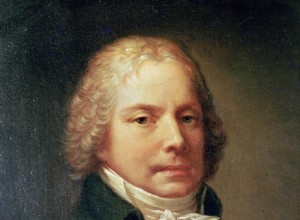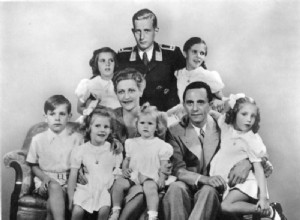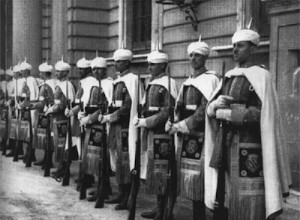Demeter was a deity present in Greek religiosity, considered the goddess of agriculture and responsible for the growth of planted grains. Demeter was a deity that was present in the religiosity of the ancient Greeks, worshiped as the goddess of agriculture, being responsible for the growth of plant




